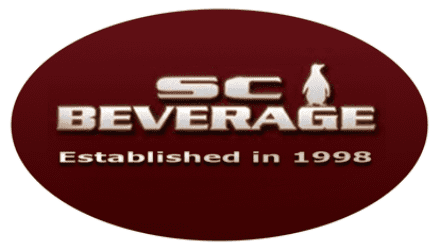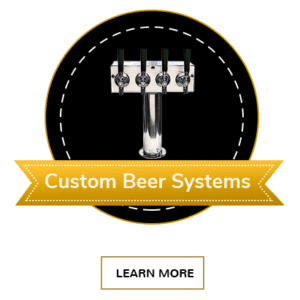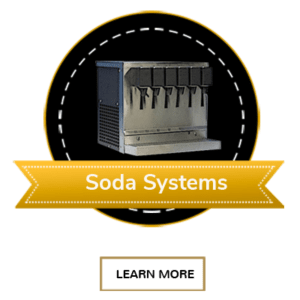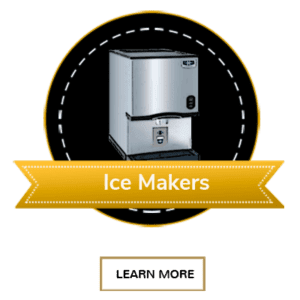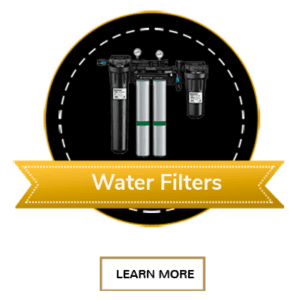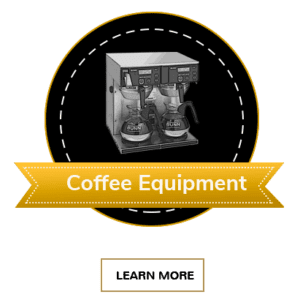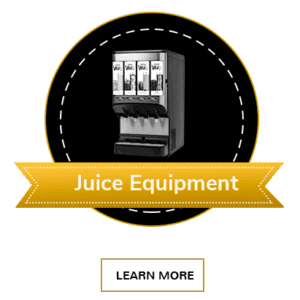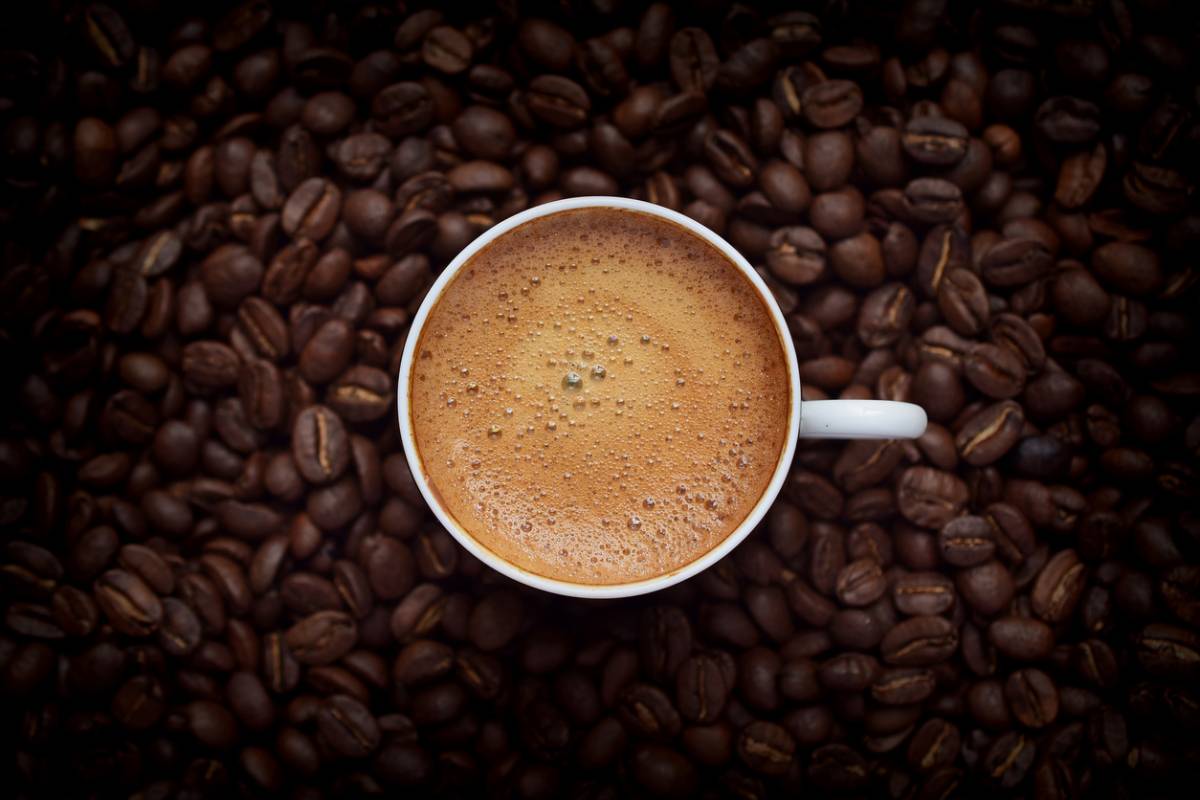
As coffee lovers, we could spend pages waxing poetic over how to make the perfect, painstaking brew. However, for a busy restaurant, cafe, or bar that simply isn’t practical. It’s time to talk about coffee pragmatically.
Making the Perfect Cup of Coffee
Let’s look at what elements you can put together to create the best cup of joe without locking one employee in place for 5-10 minutes at a time to serve just one customer. In the end, all you really need is the right coffee, the right machinery, and clean water.
The Right Coffee
Investing in high-quality fair-trade coffee doesn’t have to break the bank. Most major coffee brands have boarded the fair trade train, ensuring that the people who produce and harvest your coffee beans are appropriately compensated. Among these brands, you can find every variation of roast and flavor, offering ample opportunity for you to find just the right coffee(s) for your establishment.
In addition to choosing fair trade coffee beans, always opt for whole bean coffee. As long as you store your coffee beans in an airtight container, you will be able to use them for about a month without losing much flavor. By comparison, ground coffee rarely holds its flavor for more than a day or two even when properly sealed. Choosing whole bean coffees offers higher quality and better shelf-life, so it’s a win-win situation.
The Right Machinery
To make the perfect cup of coffee without turning it into a laborious enterprise, you will need three primary components.
Burr Grinders
To grind whole bean coffee, you will need a burr grinder. Blade grinders are a bit cheaper, but they chop the beans rather than evenly grinding them down. A burr grinder crushes the beans, which helps to express their full flavor profile. It’s a must for anyone serious about making quality coffee. In many cases, one grinder is enough. However, a cafe may want to have two, so one of them can be designated for decaffeinated coffee.
Commercial Coffee Makers
To serve a room full of under-caffeinated guests, you’ll need machinery that’s up to the task. Commercial coffee makers make that part easy. They are typically drip-style coffee machines, which offer a relatively fast and effective brew.
When you’re shopping for commercial coffee makers with Southern California Beverage systems, always look into the brew speed and the temperature of the water. Ideally, you want the brew to take about five minutes and the water to be between 195 and 205 degrees Fahrenheit.
A Built-in Water Line Complete with Filter
You can always filter your own water using a filtered jug, but this can be time-consuming when you’re busy. Purchasing a commercial coffee maker that connects to your water line and includes a built-in filter is just easier on a daily basis. Whichever way you decide to do it, just make sure you’re exchanging your filters as suggested by the manufacturer.
Clean Water
As stated above, hot, filtered water is absolutely essential to properly brewing coffee. If the water is below 195 degrees Fahrenheit, then it is unlikely to activate the grounds properly, resulting in less flavorful coffee with a more bitter taste. If the water is unfiltered, then minerals and other impurities will alter the flavor profile of your coffee.
In the long run, your filtration system can’t provide clean water for you without a little help. Depending on your manufacturer’s instructions, parts of your coffee making machinery will have to be cleaned every day, while others may only need monthly cleaning. Sticking with these prescribed cleaning schedules ensures that your coffee will be as safe and delicious as your patrons deserve.
